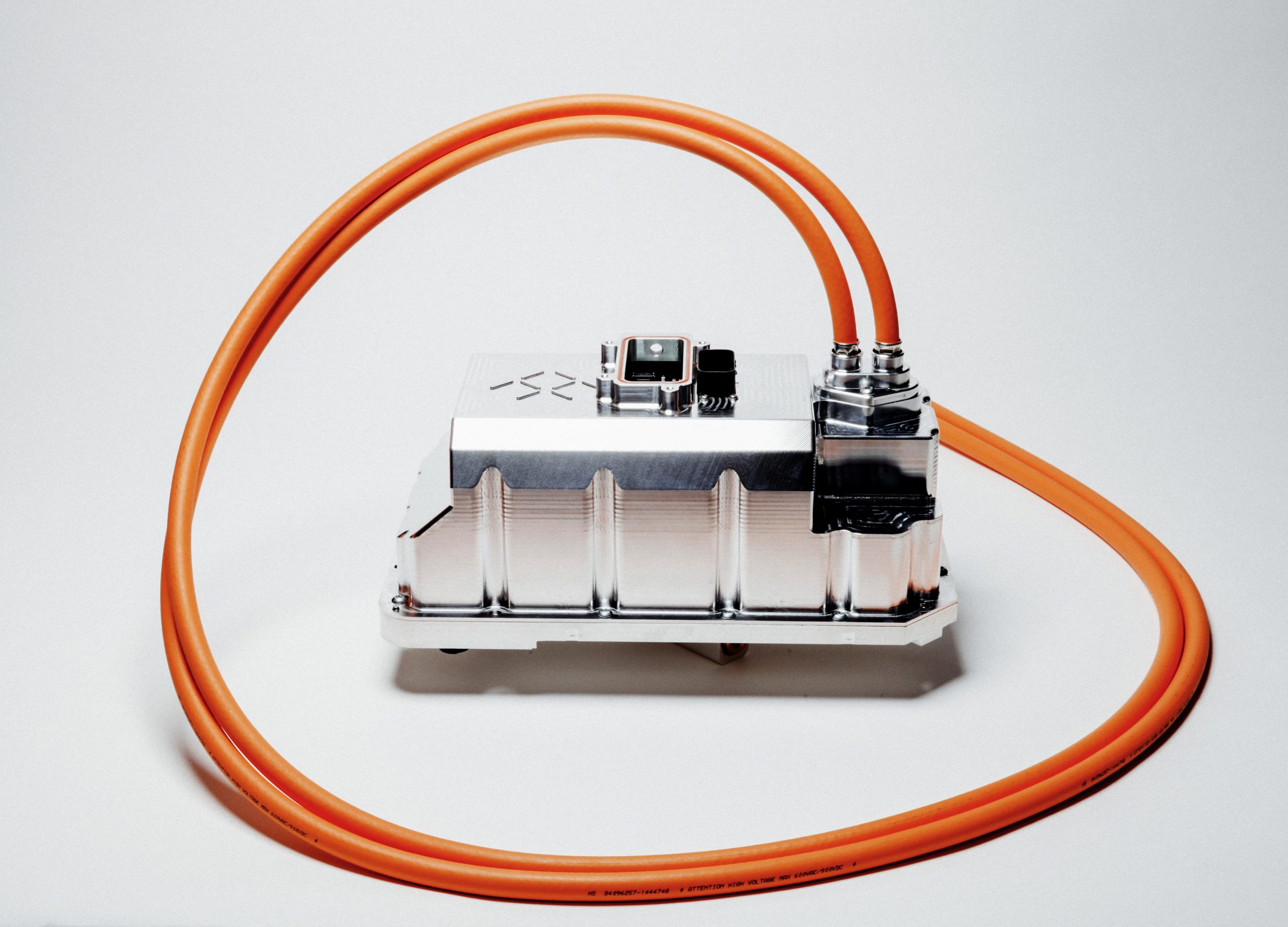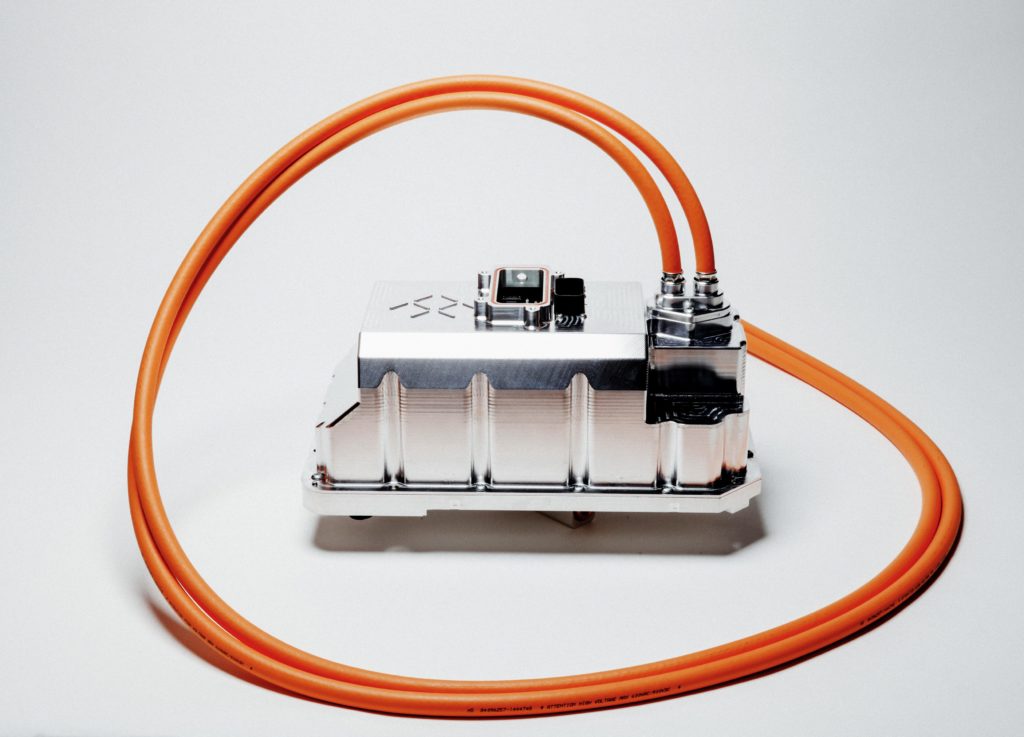
Faraday Future, the cutting-edge EV developer, announced on March 1 it has earned its first U.S. Patent, No. 9,241,428-B1, for a power inverter the company calls the “FF Echelon Inverter.” An inverter is an electronic device that changes direct current to alternating current and is an integral component in battery-powered vehicles.
In developing this critical hardware from the ground up, Faraday’s engineers identified reliability, manufacturability, and power density as initial challenges. One goal was to reduce the device’s mechanical complexity while meeting ambitious performance requirements.
“Condensing the number of transistors and other complex components enhances the inverter’s overall stability and dependability,” explained Silva Hiti, “allowing us to accomplish far more, with fewer materials.”
Observing the ageless engineering mantra that the more interacting parts you integrate into a system, the more opportunities you have for something to go wrong, Faraday concentrated on the inverter’s core elements in developing a design that facilitates monitoring and ensures against problems – resulting in a safer, more dependable machine.
According to Faraday’s engineers, the FF Echelon achieves 20-30% greater power density than the company’s competitors’ applications, allowing the FF Echelon to transform that many more watts for every gram of its weight.
Last week’s patent is the first of many Faraday Future anticipates; indeed, the company has submitted more than 100 patent applications over the last year.
I invite you to view my other posts and sign up to receive future posts via email. I also invite you to follow me on LinkedIn and Twitter, and to contact me via my homepage.

